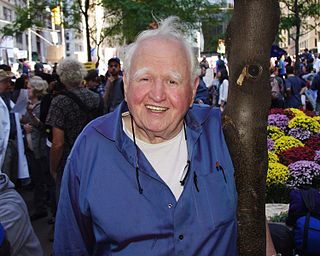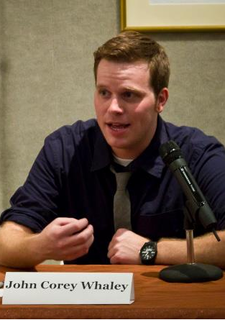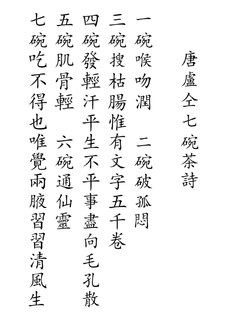A Quote by Lucretius
By protracting life, we do not deduct one jot from the duration of death.
Related Quotes
Birth leads to death, death precedes birth. So if you want to see life as it really is, it is rounded on both the sides by death. Death is the beginning and death is again the end, and life is just the illusion in between. You feel alive between two deaths; the passage joining one death to another you call life. Buddha says this is not life. This life is dukkha - misery. This life is death.
The greatest mystery in life is not life itself, but death. Death is the culmination of life, the ultimate blossoming of life. In death the whole life is summed up, in death you arrive. Life is a pilgrimage towards death. From the very beginning, death is coming. From the moment of birth, death has started coming towards you, you have started moving towards death.
Everybody is afraid of death for the simple reason that we have not tasted of life yet. The man who knows what life is, is never afraid of death; he welcomes death. Whenever death comes he hugs death, he embraces death, he welcomes death, he receives death as a guest. To the man who has not known what life is, death is an enemy; and to the man who knows what life is, death is the ultimate crescendo of life.
By 'coming to terms with life' I mean: the reality of death has become a definite part of my life; my life has, so to speak, been extended by death, by my looking death in the eye and accepting it, by accepting destruction as part of life and no longer wasting my energies on fear of death or the refusal to acknowledge its inevitability. It sounds paradoxical: by excluding death from our life we cannot live a full life, and by admitting death into our life we enlarge and enrich it.
Laughter. Yes, laughter is the Zen attitude towards death and towards life too, because life and death are not separate. Whatsoever is your attitude towards life will be your attitude towards death, because death comes as the ultimate flowering of life. Life exists for death. Life exists through death. Without death there will be no life at all. Death is not the end but the culmination, the crescendo. Death is not the enemy it is the friend. It makes life possible.
The conquest of the fear of death is the recovery of life's joy. One can experience an unconditional affirmation of life only when one has accepted death, not as contrary to life, but as an aspect of life. Life in its becoming is always shedding death, and on the point of death. The conquest of fear yields the courage of life. That is the cardinal initiation of every heroic adventure - fearlessness and achievement.
Life rises out of death, death rises out of life; in being opposite they yearn to each other, they give birth to each other and are forever reborn. And with them, all is reborn, the flower of the apple tree, the light of the stars. In life is death. In death is rebirth. What then is life without death? Life unchanging, everlasting, eternal?-What is it but death-death without rebirth?
We are left with nothing but death, the irreducible fact of our own mortality. Death after a long illness we can accept with resignation. Even accidental death we can ascribe to fate. But for a man to die of no apparent cause, for a man to die simply because he is a man, brings us so close to the invisible boundary between life and death that we no longer know which side we are on. Life becomes death, and it is as if this death has owned this life all along. Death without warning. Which is to say: life stops. And it can stop at any moment.
The book that influenced me most is Sherlock Holmes, which teaches you the way to deal with reality: to deduct. It teaches you to put together the signs. For example, I look at a person and I see their coat, their jacket, their handwriting, their iPhone, and I am able to deduct some details about who they are, what they wear, and what they do. For many years I was fascinated with Sherlock Holmes. The series trained me to look at the world through these sharp, unforgiving eyes.


































